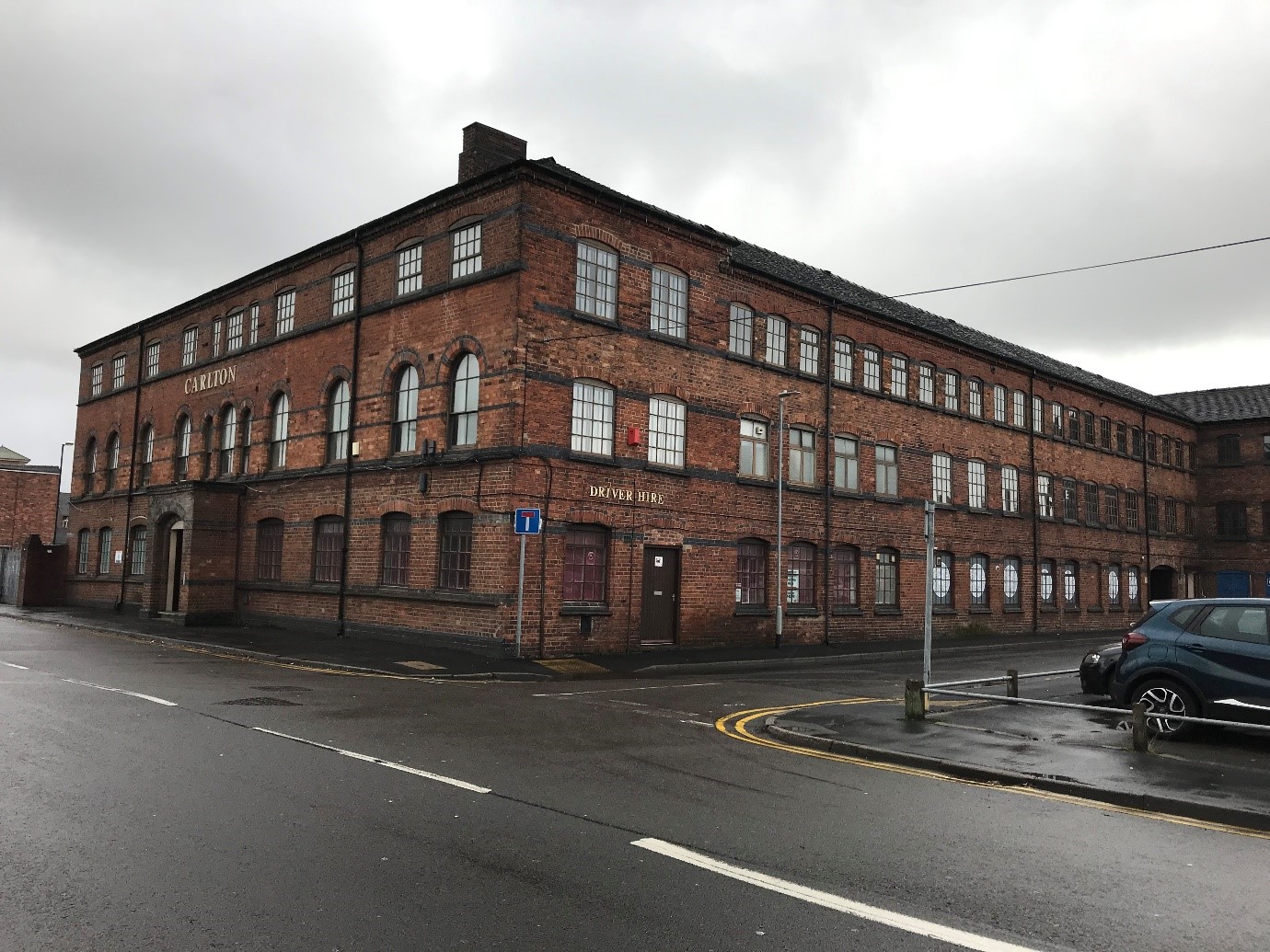Find our weekly Blog posts: on top tips on what to look out for when viewing and looking at your next place to live.
What to look out for in your tenancy agreement.
- What is a Tenancy Agreement?
The type of tenancy agreement depends on what you are renting. With student houses/rooms the type is called an Assured Shorthold Tenancy Agreement. These have key features such as a fixed period, and fixed rent amount. They also require landlords to take a deposit on the property.
- Your details
This is an important part of any tenancy agreement with your landlord this is due to the agreement being a legally binding document. You normally find these details at the beginning of the contract and they enable the landlord to send any important documents to your house.
It’s important that you keep your landlord up to date with any information such as your email or phone number so that they can keep you informed of any work or any information that may need to be carried out on the property. This is needed to be update before the tenancy during and even after so that your landlord can still get in touch.
- Guarantor
A guarantor is a UK resident who will be liable to pay your rent if you can not afford to or leave the property without paying.
All of their details are needed along with yours including their address and contact details.
- Property details
Ensure the details of the property you are signing for is correct. For example, if there is a room number ensure that it is the room you wanted.
- Length of contract,
Check the length and the start date of the contract. Typically, student contracts are 43 or 51 weeks starting in September (the academic year). But check your dates that you start/finish University to make sure they end at a similar time. Otherwise you could end up paying for time you don’t need.
- Deposit amount and payment date/how is it held,
A deposit is used to protect a landlord if you leave damage, the amount can vary however the purpose is the same. This is normally taken at the beginning of a contract, but this can vary. These deposits should be protected with DPS which government scheme which acts as a third party. This means when your tenancy ends the landlord can either release the deposit entirely or submit a claim which both you and they have to agree to before any money is paid.
- Is there a reservation fee?
Some landlords take a booking fee when you sign the contract to ensure that the room is yours. With most landlords the request this on the day you sign the contract however sometimes this can very so ensure you check this before you sign.
- Rent amount and payment dates/instalments,
This is probably the most important part. You need to ensure the dates fall within the time you get you student finance. Most places will make sure that this is the case however its always best to check. Check the amount of your rent and the weekly cost and make sure that they add up to the same amount.
If you fail to pay you need to know what happens. Some landlords charge you late payment fees or can even CCJ you. A CCJ is a County Court Judgement which will effect your credit score for the rest of your life.
- What do you have the right to use in communal areas?
This is just a measure to make sure that you know what you can use. This can be things such as cupboards and laundry, most of the time you will be shown these on a viewing but just double check.
- Maintenance.
You will need to check if it is your responsibility or the landlords responsibility to maintain the property.
- Check what you can and can’t bring into the property.
This may include candles and incense burners. Some landlords don’t allow things like this however this will be written in the contract so ensure you check these things.
Some common ones include:
The Tenant shall not keep any pets or any other animals on or in the Property.
The Tenant shall not do anything to or on the Property that:
causes a nuisance or annoyance to occupiers of adjoining or neighbouring properties; or
involves using the Property for immoral or illegal purposes; or
The Tenant shall
not to bring into the Property or use on the Property any weapons of any description gas paraffin electric or other oil burning apparatus any candles nor inflammable combustible materials or any chip pan or deep fat fryer;
not to place or exhibit any notice whatsoever on any part of the Building;
not to bring into the Property any bird, fish or any animal and not to leave anything in the Common Parts (unless permitted by this agreement);
not make or have made any duplicate keys to the Property or Building nor replace nor add any new locks to the Property.
If these are broken this can cause the landlord to give warning and potentially asking you to leave the property.
